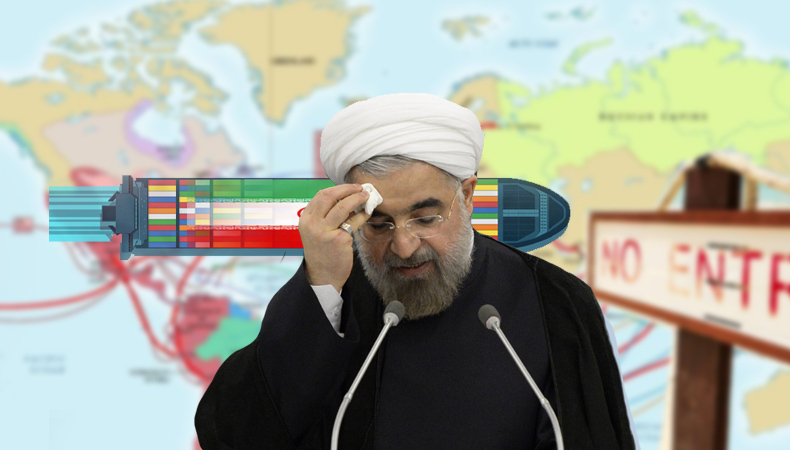Iran’s Exclusion from Global Trade Routes: An Examination of Factors

Modern geopolitics and international trade frequently involve nations placing themselves as significant players, and these nations frequently exhibit transformative power and capacities. It is planned methods, not unanticipated events, that allow one to participate in and influence international logistical endeavours. Despite its geographic importance and potential, Iran has found itself largely cut off from the main transboundary trade routes. We examine the causes of this omission and the divergent strategies adopted by Iran and Saudi Arabia’s neighbour in this opinion piece.
With the ambitious Saudi Vision 2030, Saudi Arabia has established a vision for the future. Good governance, comprehensive development, adherence to core national values, and citizen empowerment are all given top priority in the Kingdom. It aggressively supports international pacification, stability, and economic growth. As a result, it has earned recognition and emerged as a crucial player in numerous international trade and logistics initiatives, taking centre stage on the global arena.
Instead of prioritizing the welfare of its people and international standards, Iran’s governing model is based on survivalist tactics, sectarian values, and revolutionary ideas. The Iranian regime’s emphasis on domestic ideological encroachment has caused economic crises and social unrest. Externally, the country has become isolated due to its regional hegemony policies and nuclear ambitions, which have made it difficult for it to participate in important international initiatives.
Keep Reading
Iran’s exclusion from transboundary trade routes, such as the India-Middle East-Europe Economic Corridor, can be linked to its subpar infrastructure, limited financial resources, and poor policymaking. Iran has a lot of resources and investment potential, but because it doesn’t take advantage of its prospects or modify its approaches, those opportunities could turn into future dangers.
Iran must reevaluate its domestic and foreign policies to better its position and economic inclusion into the world community in order to handle this predicament. Opportunities in the international arena do not wait for any country, thus action must be taken quickly and decisively to maximize the nation’s potential and integrate it successfully into the global economy.
As a result of its governance structure and political decisions, Iran is excluded from important transboundary trade channels. The contrasting models of Saudi Arabia and Iran show how important modern perspectives, sound government, and strategic diplomacy are in establishing a country’s standing on the world arena. Reevaluating its policies and moving towards a more open and constructive mindset are necessary for Iran’s future development and global engagement.







